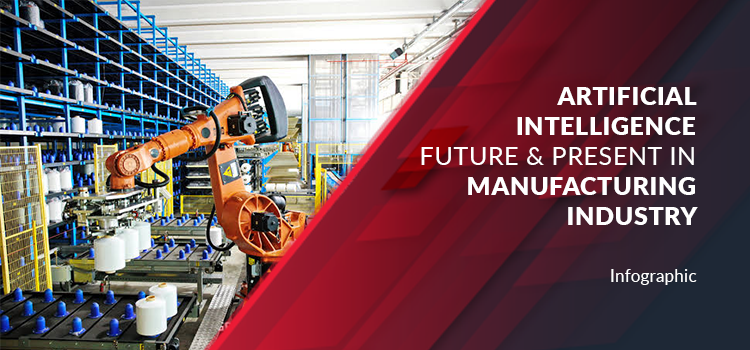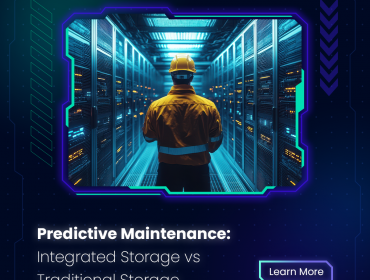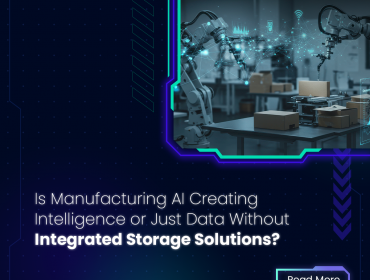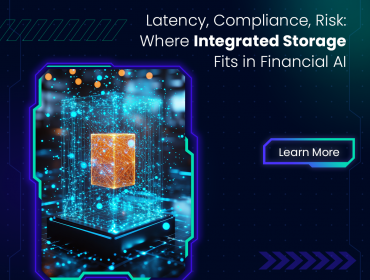Artificial intelligence in manufacturing is no more the thing of the future, it is the thing of today. We are accustomed to using AI in our everyday life with Apple’s Siri and Amazon’s Echo. AI has made tremendous progress with the help of improved processing, algorithms, and a lot of data. With advanced Machine learning all this data can be analysed and critical insights can be gained, helping future projects keeping user behaviour in mind.
Next-gen AI-powered industries will work on lean inventories, reduced product glitches, cheap labour cost, shortened unplanned downtimes, and increased production speed. With AI in manufacturing, we are fundamentally talking about network connected factories, where design team, production line, and quality control are highly integrated into an intelligent machine, producing useful insights.
Manufacturing automation involves a complicated and detailed oriented approach to produce a material.
AI and Automation are hot topics of manufacturing companies of future. With AI and automation powered technologies, the manufacturer can improve efficiency, fasten processes, and even optimize operations. It can reduce the production cost by 20% of which 70 % comes from improved resource productivity.
Transportation and logistics companies are in forefront of AI and Automation adoption. Companies in emerging nations are more enthusiastic about these benefits, while industrialized nations have a different view.
AI and automation will transform the value chain from end-to-end. Operations of the organization will be most heavily affected by this change. These factors augment existing levers that help in improving productivity.
Adoption of AI and manufacturing automation will significantly alter the composition of the workforce, e.g., all the quality control task that requires intensive human support will be heavily supported.
Currently, factories automate processes and machinery through a fixed approach. In future, AI and automation in manufacturing industry will together formulate an approach to make intelligent decisions in unexpected situations. In the current scenario, robots cannot select an item from a bin of unsorted parts, but in future AI supported robots will be able to do the same.













